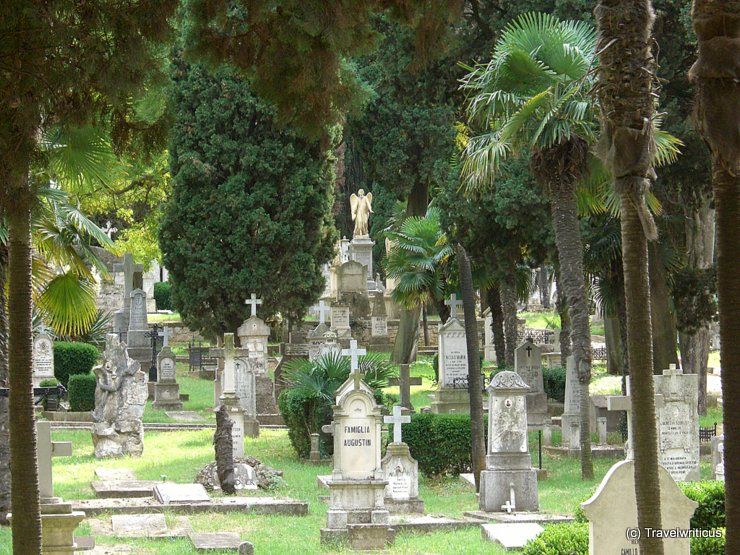The ongoing conference in Pula focuses on an often overlooked part of cultural heritage
Hotel Park Plaza Histria in Pula is currently hosting a two-day conference named 2nd Adriatic Cemetery Days, dedicated to cemeteries and funerary services, reports Glas Istre on November 20, 2017.
The unique congress is the only business event of this type in Croatia and the wider region that focuses on this particular domain, gathering providers of funerary services, representatives of utility companies, local and regional self-government units, local and international institutions, NGOs, and other subjects dedicated to preservation of cultural heritage situated at cemeteries all over the country.
It might seem like a curious topic, but when you think about it, the symbolic character of cemeteries extends beyond the way we usually tend to perceive them. Apart from being the final resting place for countless generations of the population and a place we visit to remember our loved ones, cemeteries represent a stunning display of local cultural goods. Impressive funerary architecture, intricately crafted tombstones and other priceless works of art preserved in major Croatian cemeteries reflect the immense value of the local artistic tradition. Cemeteries can also be regarded as a significant historical source, providing valuable information about historical development of certain areas.

Naval cemetery in Pula / SkyscraperCity
Conference attendees discussed some of the topics mentioned above, touching on the importance of regarding cemeteries as an integral part of local heritage. Sanja Cinkopan Korotaj, the director of the Tourist Board Pula, stated that the city of Pula continuously makes sure to attend to its cultural and historical heritage, as well as of priceless monuments that attract an increasing number of visitors to Pula with each passing year. Cemeteries in particular stand as mirrors to our historic and religious identity, said Korotaj, remarking they also have considerable tourist potential, referring to the Austro-Hungarian Naval Cemetery in Pula.
The conference thus mostly focuses on projects regarding cemetery management, monument restoration, and implementation of sophisticated technological solutions related to tourist itineraries. It will be interesting to see whether cemeteries will get better promoted as significant cultural sights in coming years – apart from Pula, one only needs to think of Mirogoj in Zagreb or the Kozala cemetery in Rijeka, the second oldest communal cemetery in Europe, to realise how valuable these locations are in the wider context of Croatian cultural heritage. With that kind of history on our side, it would honestly be unwise not to put them in a spotlight.


